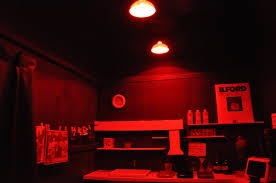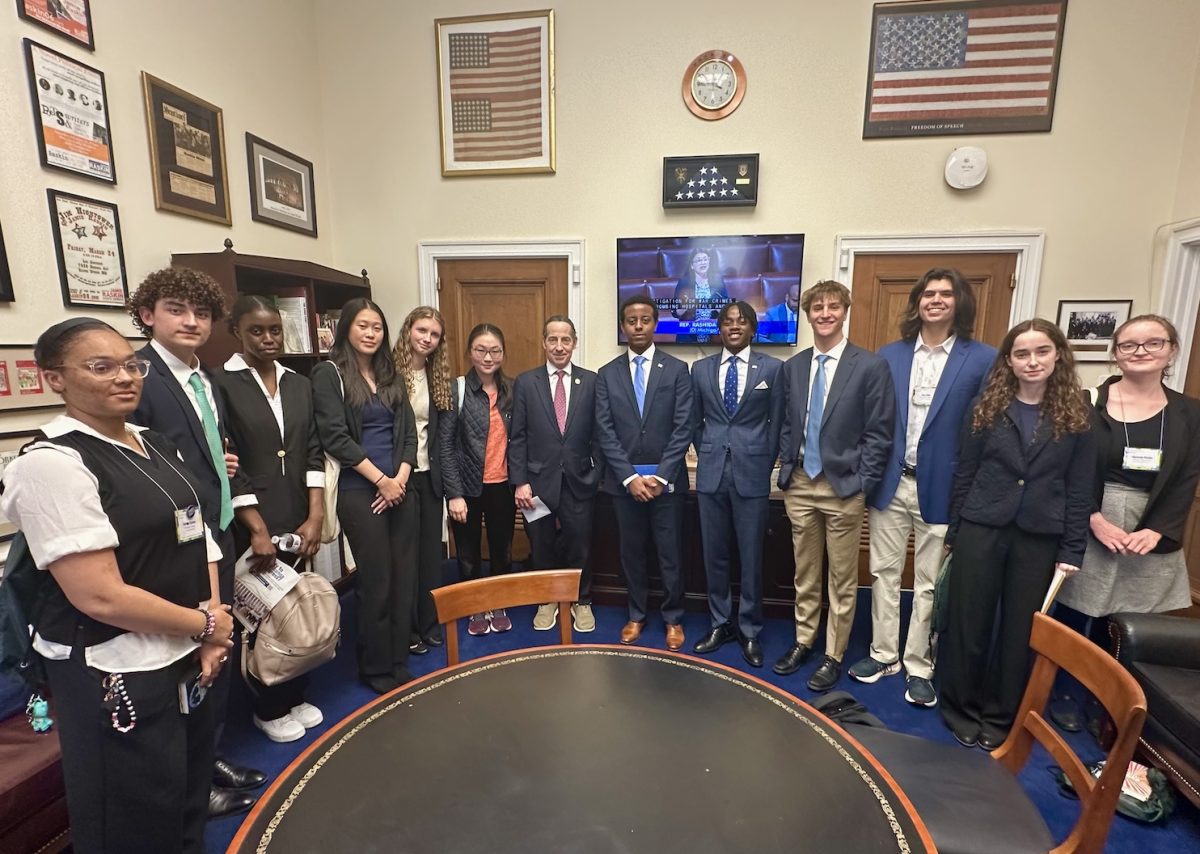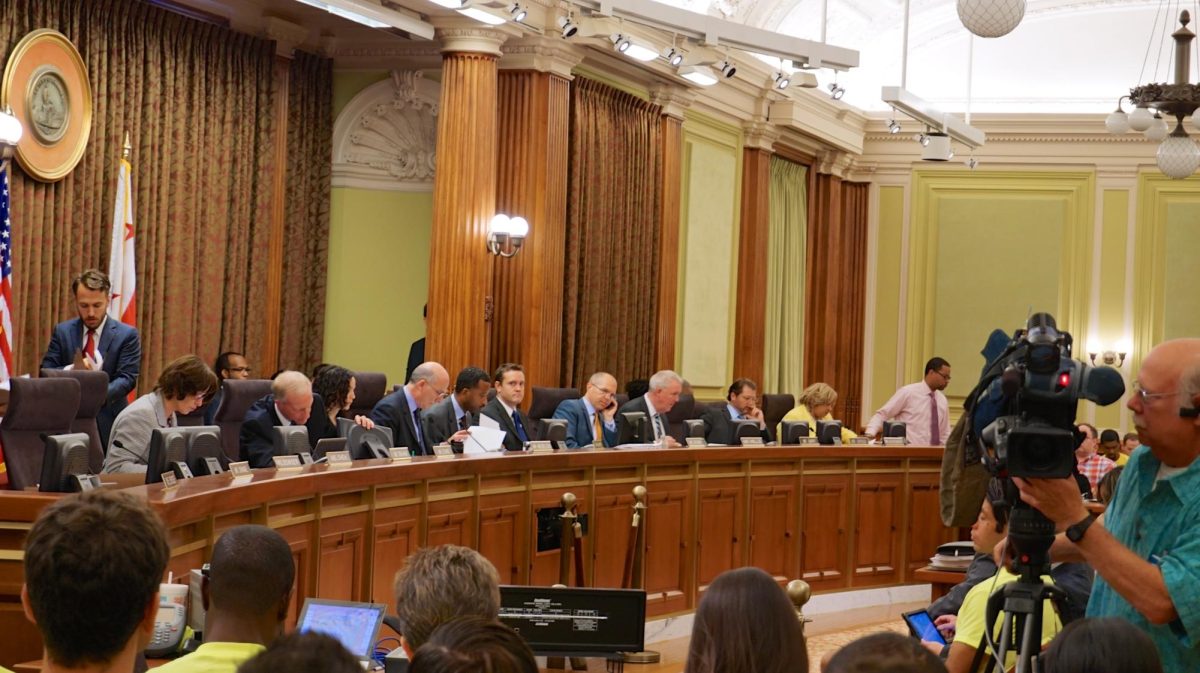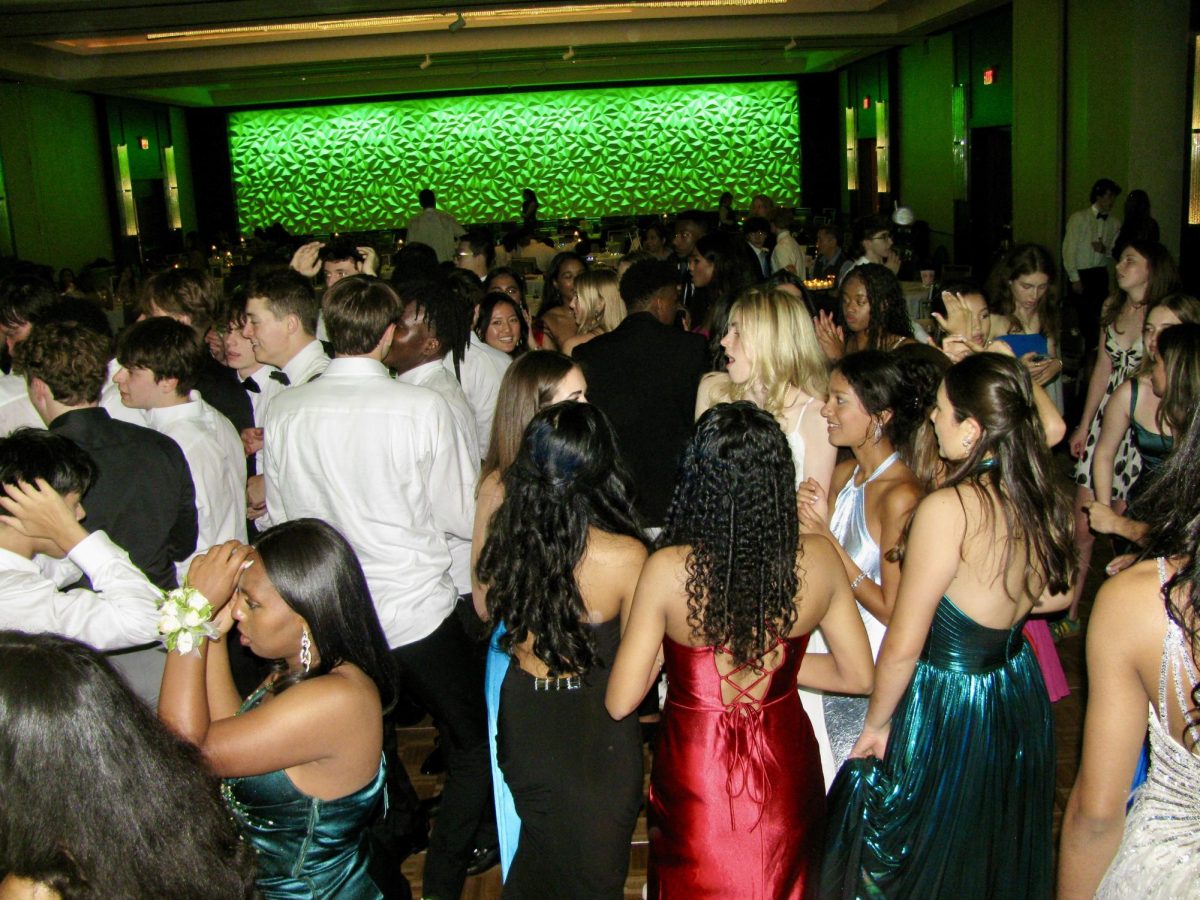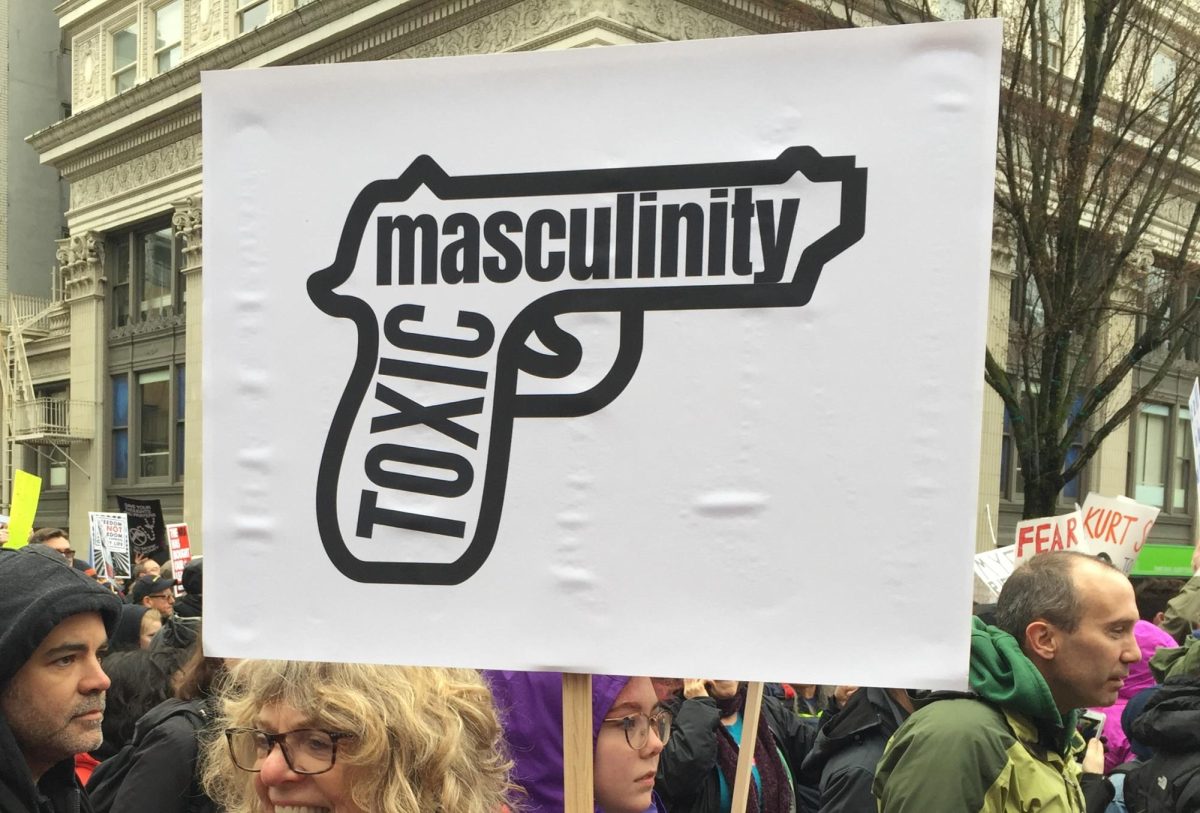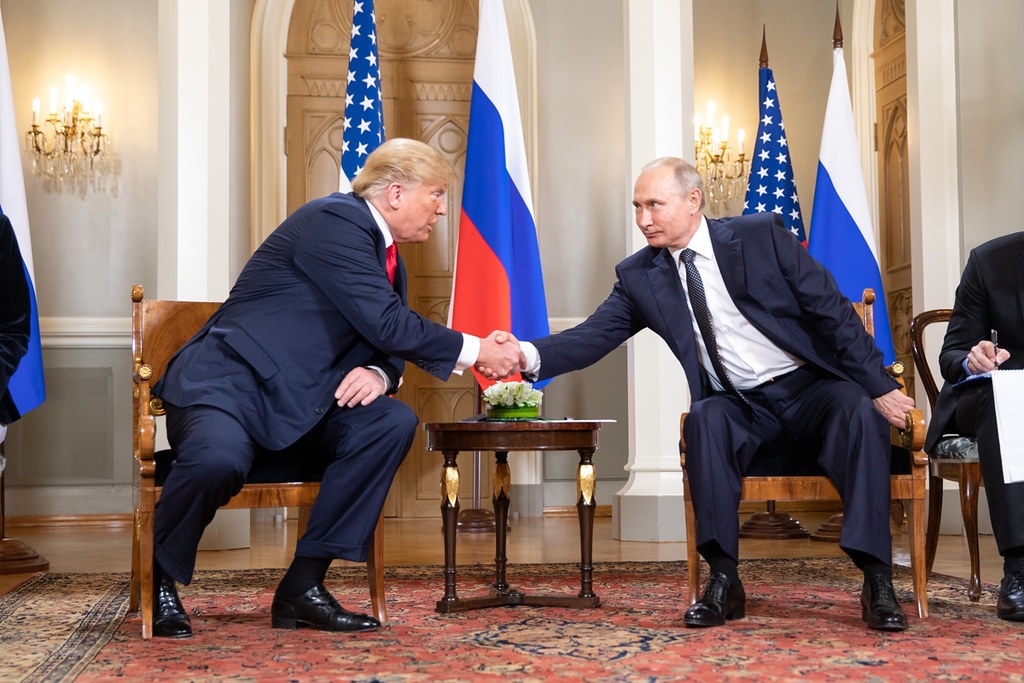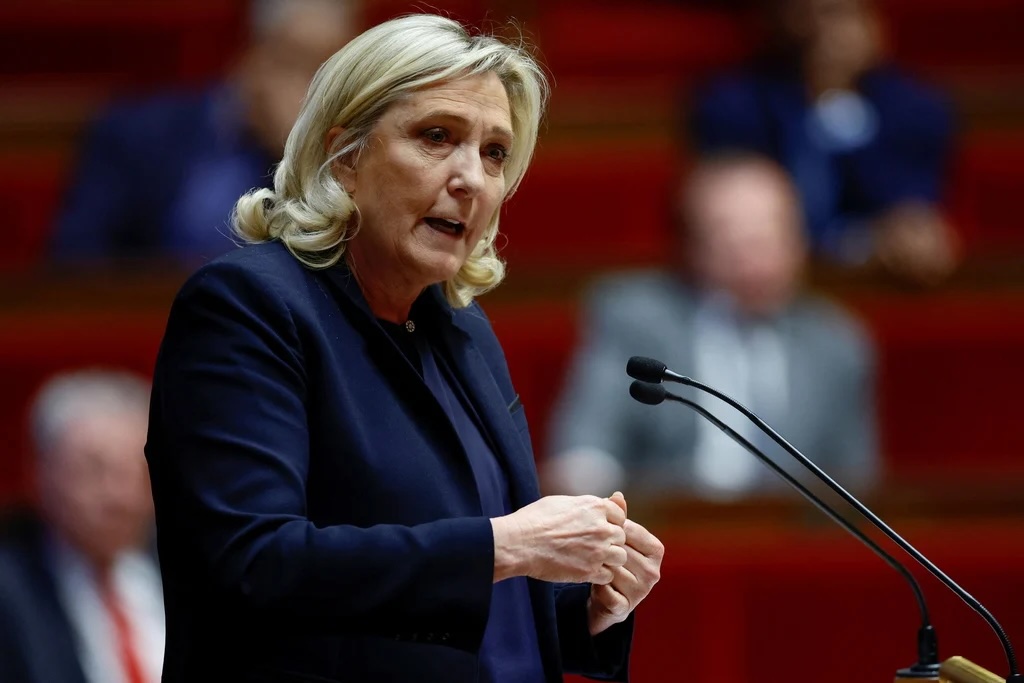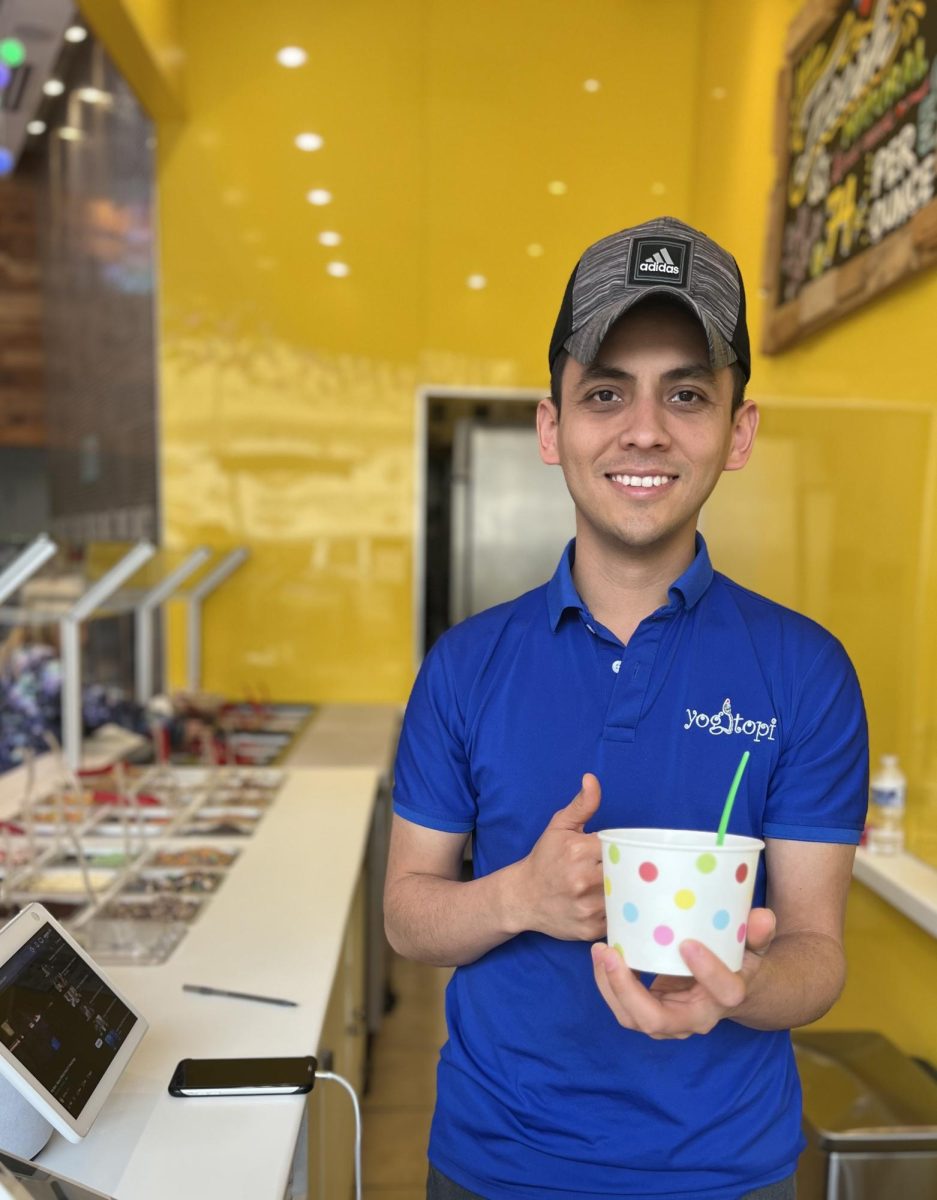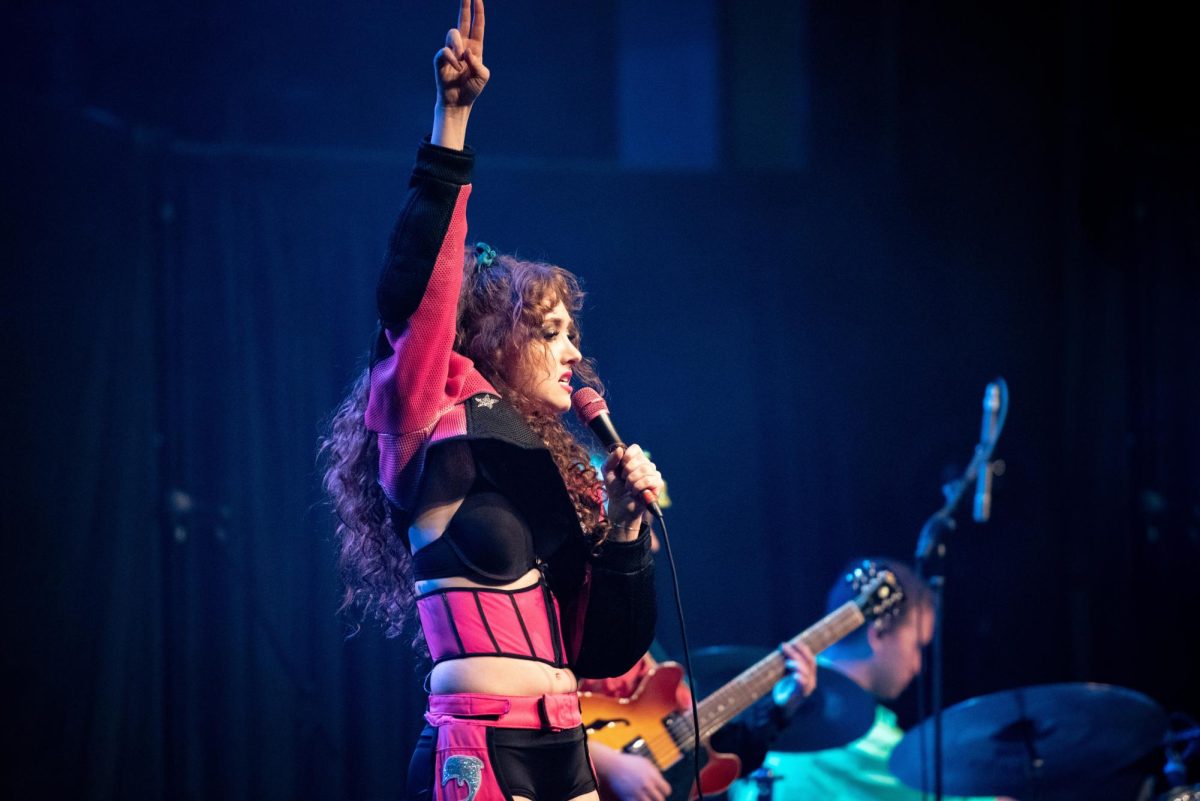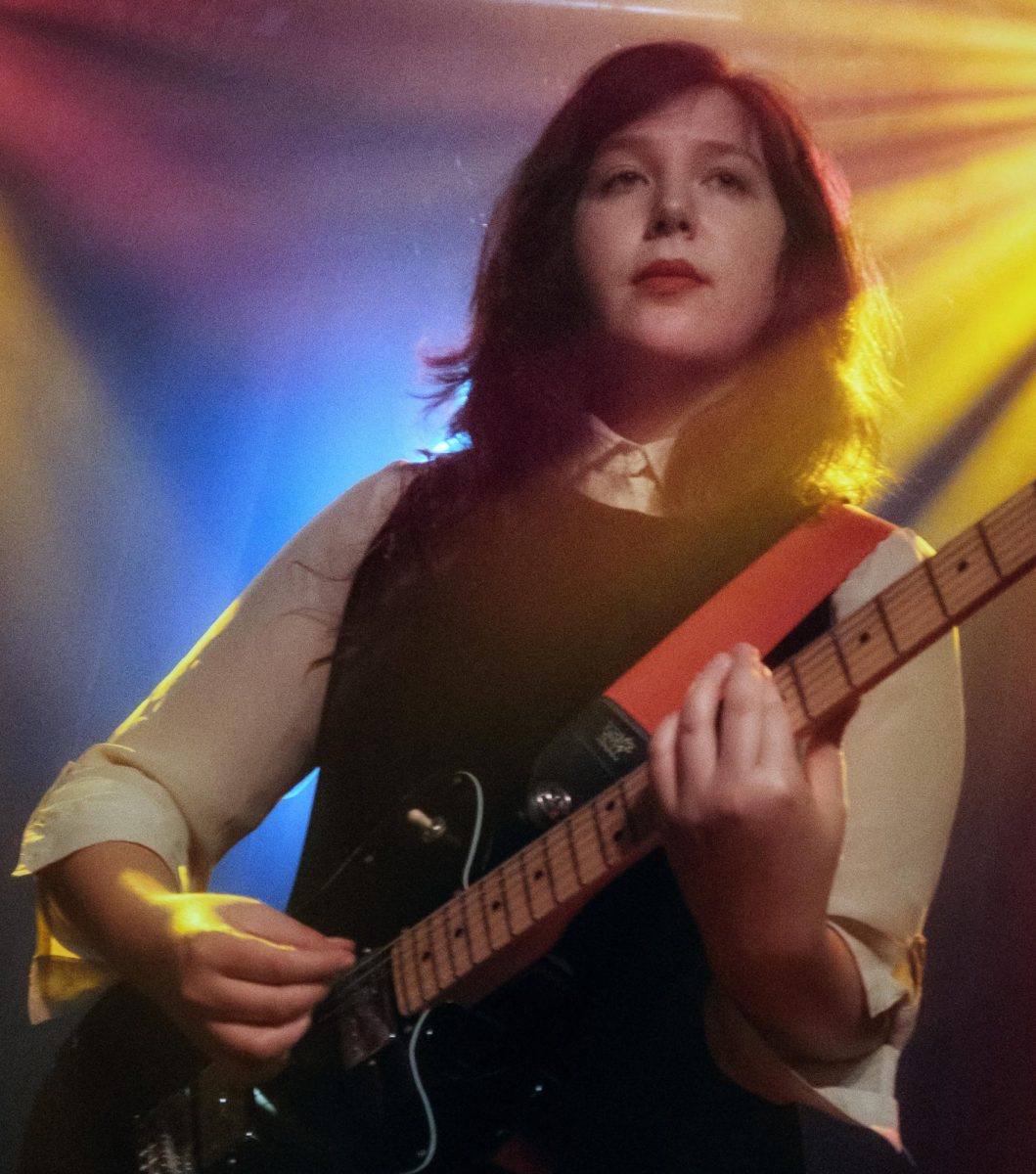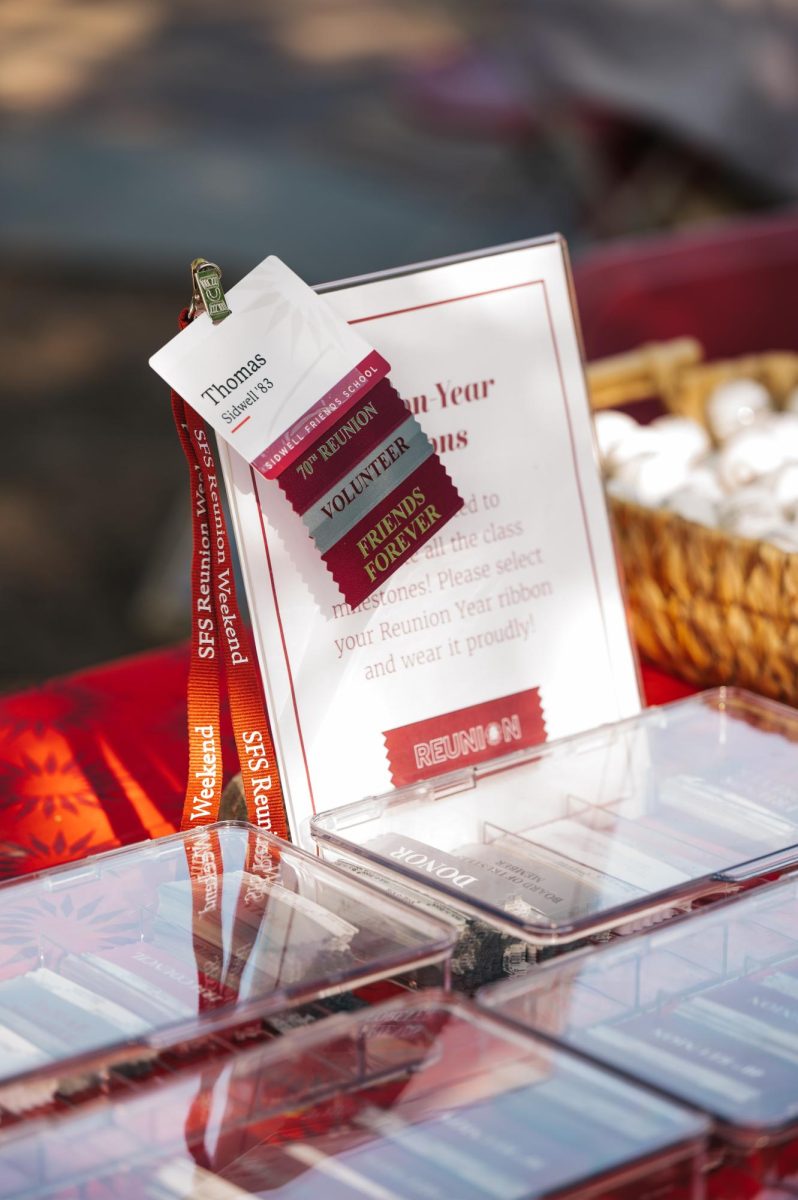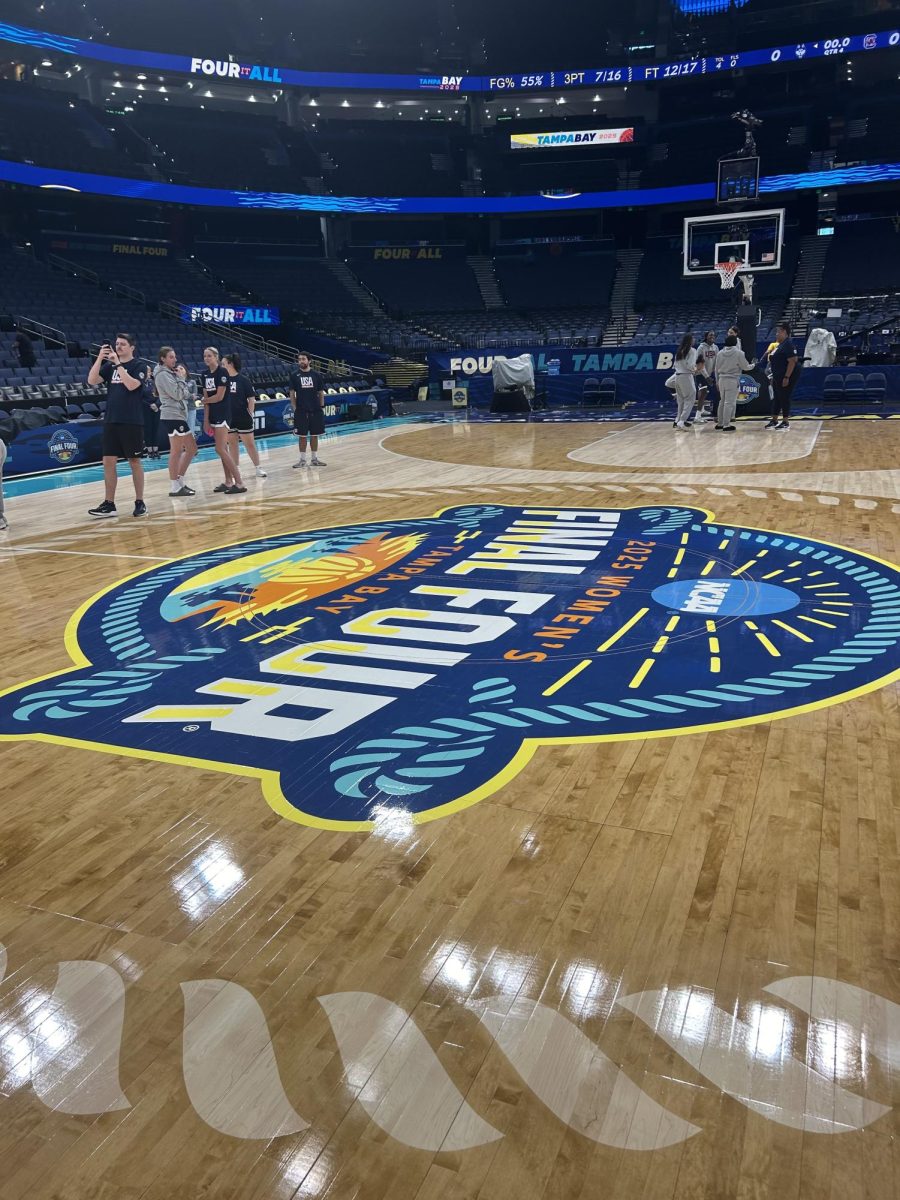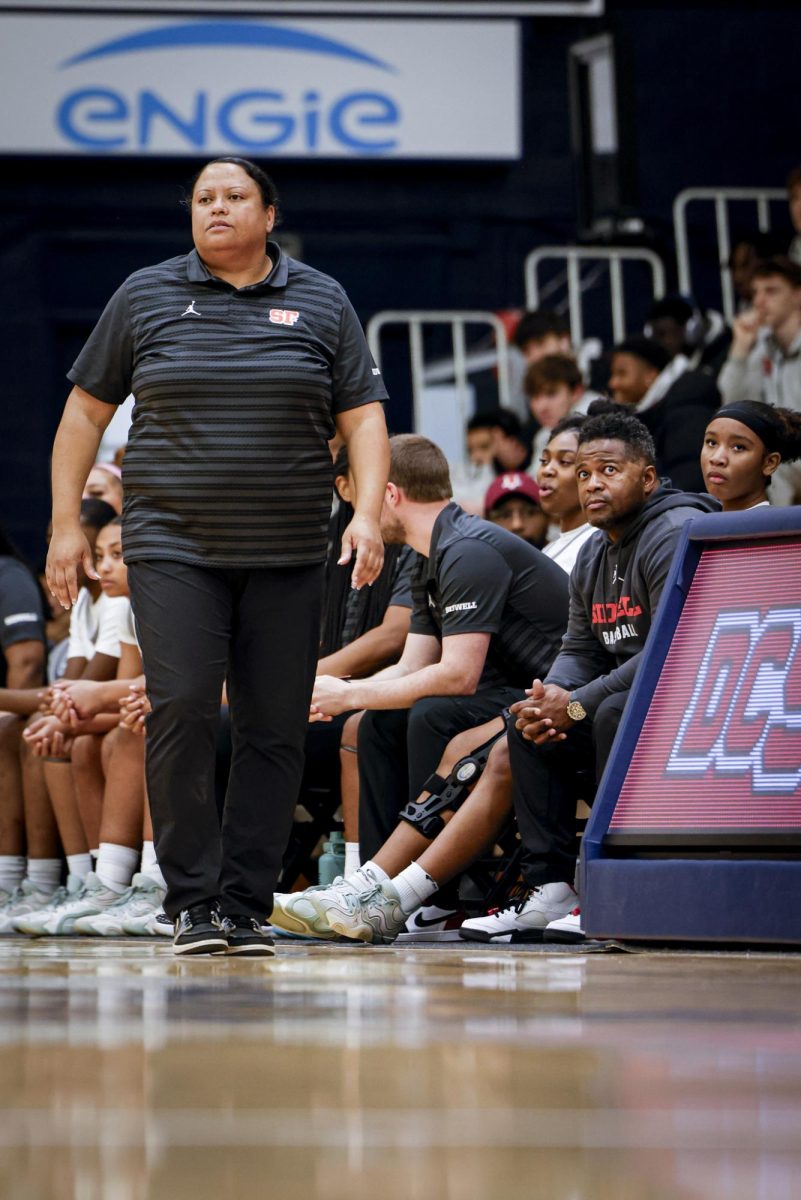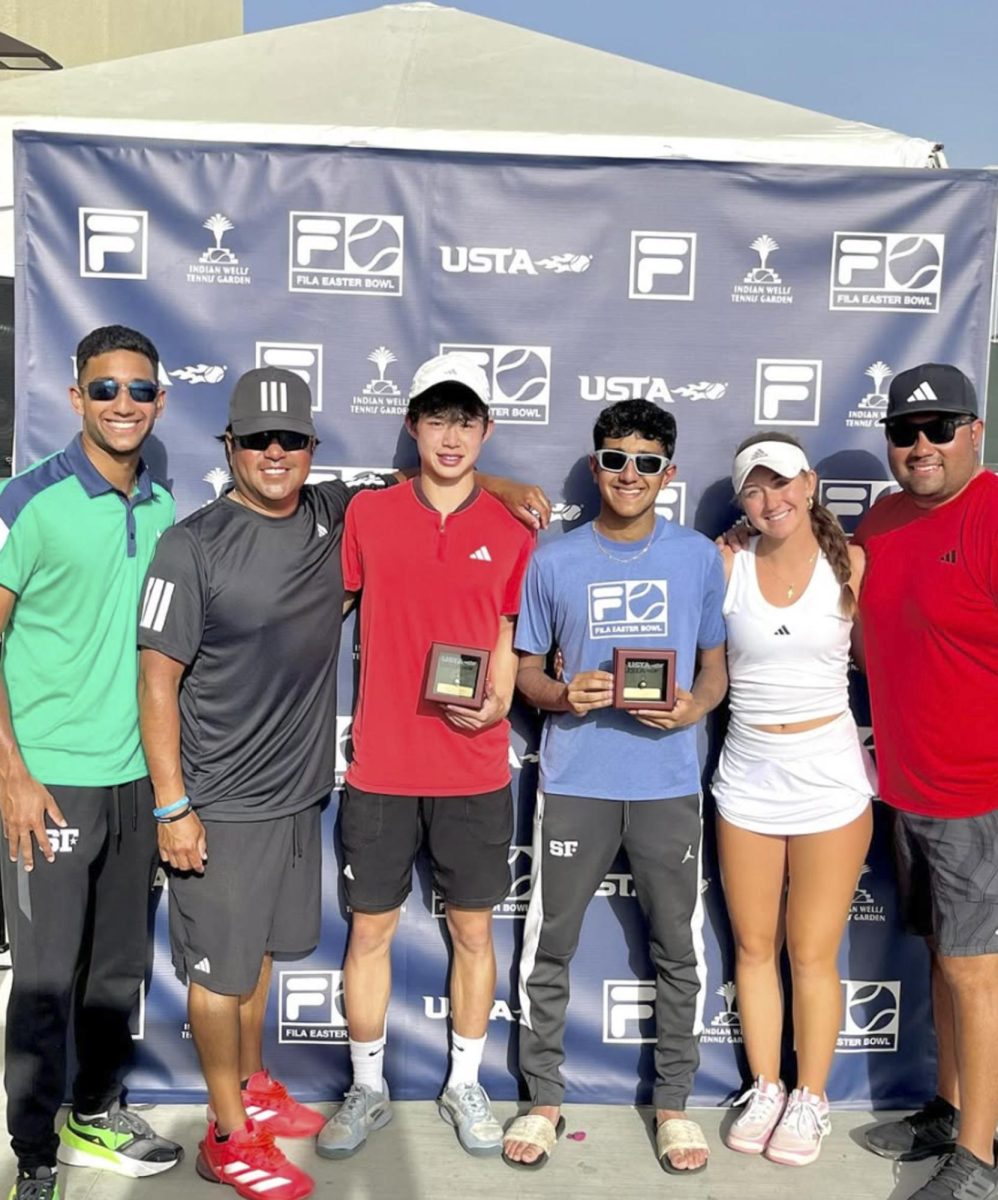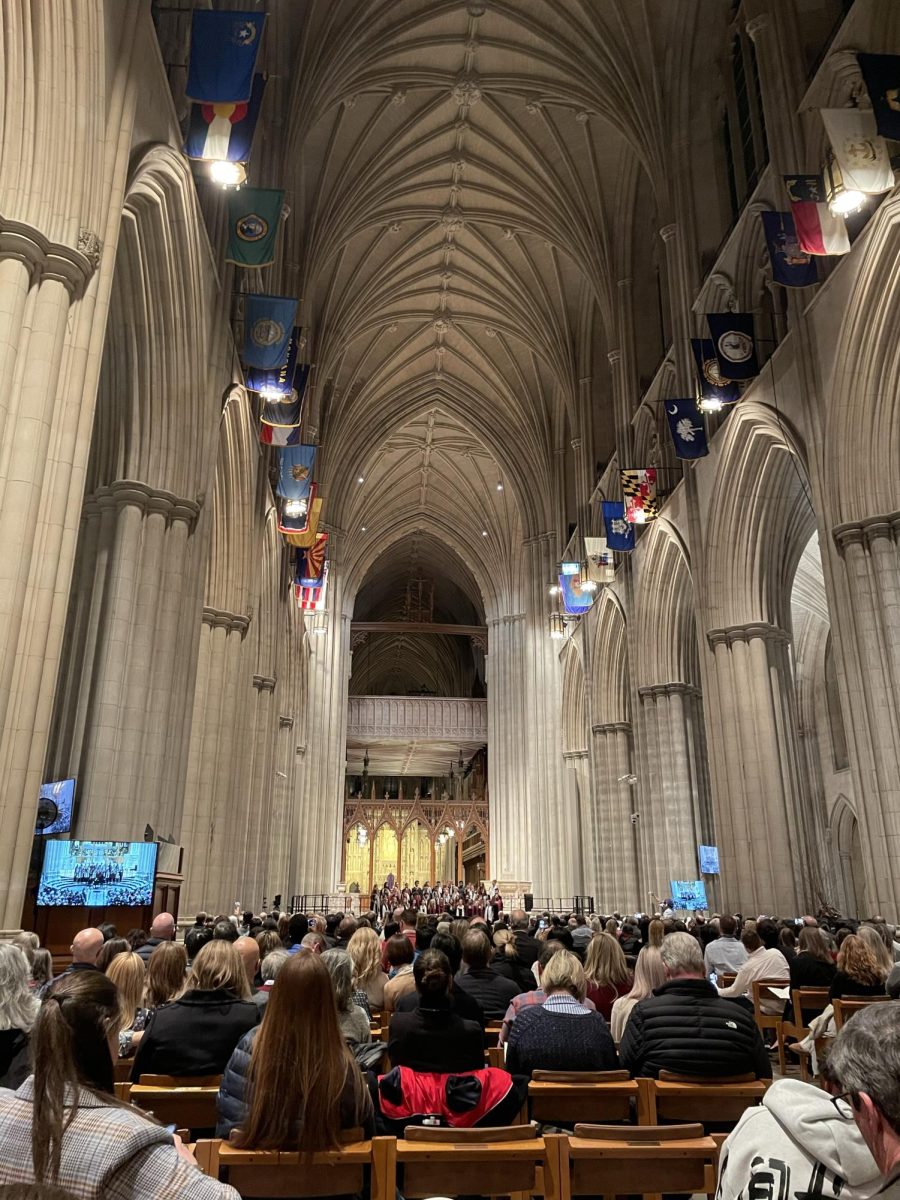On Jan. 20, about 14 hours after TikTok was banned, President Trump signed an executive order delaying the ban for 75 days. Along with extending the date until TikTok officially goes dark, the order allowed companies to continue working with TikTok without being liable to fines. According to CNN, the 170 million Americans who use the app held many mixed emotions regarding the ban.
Trump’s executive order was a response to a ban on TikTok that called for the Chinese-owned company ByteDance to find a non-Chinese buyer to purchase the app. If ByteDance could not find a non-Chinese buyer, TikTok would lose service in the United States. While the previously passed ban mainly targeted TikTok, two other ByteDance apps, CapCut and Lemon8, were banned. All three apps disappeared from the Apple and Google stores when the ban was enforced.
Although Trump proposed the ban in his initial term, it only went into effect on Jan. 19 after being passed by Congress. The ban was challenged in court but was ultimately upheld in a unanimous decision by the Supreme Court. The law banned TikTok and subjected companies that had an app store with TikTok in it to face billions of dollars in fines potentially. However, according to NPR, the ban was not airtight and kept the interpretation and enforcement of the law in the hands of the White House. This allowed the president to choose whether or not to enforce the ban at all.
Before Trump’s inauguration, he declared one of his future executive orders would be to delay the TikTok ban. Despite being illegal for TikTok to restore its services before the executive order went into effect, it still returned usage to users following this announcement. TikTok stated that Trump’s announcement gave them enough faith to return usage to American users. Similarly, Oracle and Akamai, two software companies, allowed web support again following the announcement. However, even after Trump had officially written the executive order, Apple and Google still did not restore TikTok to their app stores. CNN claims this move was wise, as it remains unclear if the executive order protects them from large fines.
The executive order gives TikTok 75 more days to find a non-Chinese buyer. According to NPR, Trump has hinted that he already has multiple candidates. In his proposed plan, ByteDance would still have a stake in TikTok, but all data collection would go to American-owned companies and investors. It additionally orders the Attorney General not to enforce the previous law prosecuting companies supporting the usage of TikTok.
According to NPR, Trump’s decision to delay the ban has raised concerns in many that he is overstepping his presidential powers. Constitutional Scholar Alan Rozenshtein claims that “this is not a power the president has, and he cannot wish it into existence merely by saying something and calling it an executive order.” Trump’s order cannot prevent fines for companies with software supporting TikTok. Exercises of power such as these may be repeated throughout his presidency, NPR adds.
The executive order is a win for Trump’s political agenda, as it allows him to become more popular with younger voters who rely on TikTok for both business and entertainment according to CNN. In a press conference before the inauguration, Trump claimed that his victory was assisted by winning over the youth vote and said that “TikTok had something to do with it.”
Sophomore John Thomas thought that the TikTok ban was delayed because Trump wanted to “gain support from younger American citizens who might be more inclined to be liberal Democrats.”
After usage was restored, TikTok sent out a message thanking users for their patience and declaring that their return was “[a]s a result of President Trump’s efforts.” A boost in Trump’s popularity is almost certain to come with this, claims CNN, as many creators made videos thanking Trump for the delay of the ban.
Upper School Debate Coach Colin M. Downes wrote that while the law was “animated by knee-jerk anti-Chinese sentiment,” it still held up when the Supreme Court defended it “unanimously in TikTok v. Garland,” which might have made it a wise move to protect U.S. data. This could indicate that while the law was a result of prejudice, it was not unconstitutional.
Freshman Nick Barac supported Trump’s delay on the ban because “it allows Americans to keep expressing themselves on TikTok until a legal solution is found.” Barac added that TikTok “should not have enforced the ban on themselves by momentarily disabling the app for U.S. users.”
According to CNN, many people in the U.S. are thankful for the delay of the TikTok, especially influencers who have cultivated a community and profited from the app.
According to NPR, some still feel ambivalent about the ban and wonder how long TikTok will last under a Trump administration.






